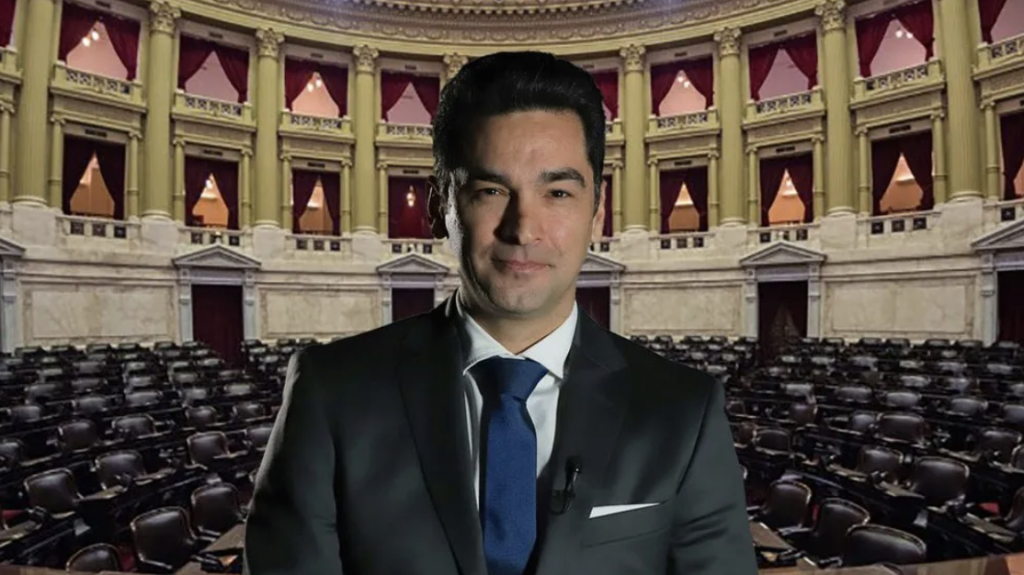
Please Follow us on Gab, Minds, Telegram, Rumble, Gab TV, Truth Social, Gettr
[Miami, FL] This year the conservative political cause in the West has started to recover. In Great Britain, climate-extremist Boris Johnson was replaced as Prime Minister by supply-sider Liz Truss. In Sweden, the conservative coalition, including the nationalist populist party with 20%, won a parliamentary majority. In Italy, Giorgia Meloni was elected Prime Minister with a slogan of God, family and country. In South Texas, Mayra Flores used the same slogan earlier this year to become the first Republican elected to Congress in around 150 years.
In South America, last weekend Brazilian President Bolsonaro, a nationalist conservative, advanced to the second-round runoff in the presidential election against former President Lula, a corrupt socialist, despite polls from progressive media predicting a stronger showing by Lula in order to manipulate voters. In addition, conservatives won majorities in both chambers of the Brazilian federal legislature. Finally, last month 62% of Chilean voters rejected a new woke progressive constitution. Can Argentina continue this trend in its presidential and congressional elections next year?
Nazareno Etchepare, a 43-year old lawyer and political activist in Buenos Aires, is betting that it will. He was touring Washington and Miami last week in order to build support among the exile community, and plans to run for President next year at the head of a slate of candidates under the banner of Demos Argentina. Nazareno has been active in street protests and social media against the Kirchner regime since 2012, served briefly in the Macri government, allied with Chicago Boy Ricardo Lopez Murphy, and was the chief strategist of the Espert presidential campaign in 2019. Before entering politics he worked as a real estate lawyer in his family’s business.
Nazareno’s program is focused on addressing Argentina’s economic challenges by first applying geopolitical considerations. The Kirchner regime has shifted the focus of its foreign relations away from the free world and toward strategic partnerships with autocracies like China, Russia, Venezuela and Iran. Instead, Nazareno proposes to shift back toward Israel, Brazil, Great Britain and the United States.
‘NO AD’ subscription for CDM! Sign up here and support real investigative journalism and help save the republic!‘
In particular, Nazareno is focused on the risks posed to Argentina’s national security by Chinese imperialism, which is also Argentina’s largest commercial partner: 12% of all Argentine exports and 22% of all imports are with China.
First, the Argentine government has granted China access to three facilities in Patagonia: (1) a powerful antenna in Neuquen province for tracking not only satellites, but also intercontinental ballistic missiles; (2) the largest telescope in South America, located in San Juan province, which captures radio signals; and (3) an aerospace technology project in Santa Cruz province.
Second, a Chinese commercial fishing fleet plies the South Atlantic off the Argentine coast engaged in illegal, unreported and unmonitored fishing, mainly for squid, shrimp and hake. Third, the Argentine government has not ruled out admitting Huawei, the Chinese technology company, as the lead provider in the deployment of the next generation 5G telecommunications network in their country.
Fourth, China is seeking control of the Parana-Paraguay waterway, which is the river system allowing for the transportation of soybean harvests to Atlantic ports, and is referred to as the Mississippi of South America. Currently this waterway is managed by a concessionaire led by Jan de Nul, a Belgian group, with local partners, and serves some of the largest grain traders in the world: Cargill, Bunge, Archer Daniels Midland and Louis Dreyfus, together with barge operator American Commercial Lines International. The Chinese imperialists are conniving to take over this business.
Nazareno is also aware that any lasting reforms of economic policies must be accompanied by reforming the administrative state. The technocrats implementing any new economic program must be not only professionally competent, but also ideologically aligned with the program, or at least not silently opposed.
Finally, Nazareno proposes reducing government spending, simplifying taxes, streamlining regulations and liberalizing labor relations. For example, at the national, provincial and municipal level combined, Argentina has 165 separate taxes, of which only 12 bring in 97% of tax revenue, and the rest should be abolished. In addition, labor laws make it very costly to dismiss employees, so that employers are reluctant to take them on and often operate with short-term contracts.
Argentina has a long history, going back to at least 1946 when Peron took office, of welfare-state socialism and mercantilism, reversing the classical liberal roots of its founding in the nineteenth century. Nazareno is a throwback to those roots, which have not been popular in Argentina during this millennium, but maybe by next year the voters will realize that there is no alternative.
Eduardo Vidal is a lawyer and political activist. His family brought him when he was nine years old from Cuba to the USA, but now the rule of law has been eroded in the USA as well, and we are turning into Cuba and the rest of Latin America.





















